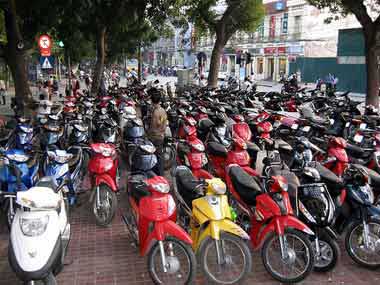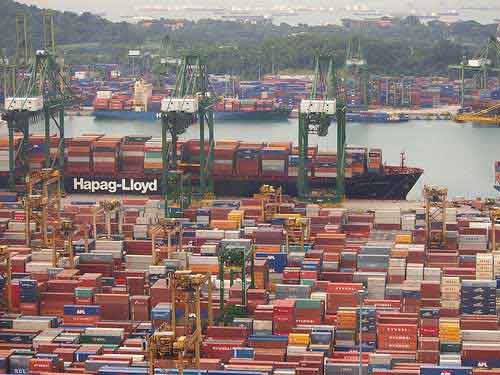Wealth down, but Singaporeans are still among the richest
Singaporeans figure as the world's eighth richest while the number of millionaires living in the country is expected to rise some 60% to 249,000 over the next five years, informed The Business Times.
Despite the fact that the city-state's total wealth this year slipped by 2.5% or US$25 billion (S$30.76 billion) to US$1 trillion (S$1.23 trillion), Singapore continues to be the third richest in Asia and eighth globally, a recent Credit Suisse wealth shows.
However, Singapore has experienced a drop in comparison to last year when it ranked second behind Australia and was the fifth wealthiest at a global scale.
This fall is allegedly due principally to a decline in household financial assets measured in US dollars. The study defines household wealth as all assets –physical, property and financial – minus debt.
During the time studied, the Singapore dollar went down 4.3% and domestic stock market capitalisation fell by 8.2%, at the time home prices increased 2%. As well, the number of millionaires in Singapore fell by 9% to 156,000 from 165,000.
However, this hold-up is circumstantial as Credit Suisse predicts that in the next five years, Singapore millionaires will soar over 60% to 249,000 as a result of positive forecasts and on-going wealth growth.
"Singapore is a well-managed economy with high savings rate, and we are confident that the conduct of economic and exchange rate policy would sustain medium-term economic growth," said Chew Soon Gek, Head of Strategy and Economic Research, Private Banking Asia Pacific at Credit Suisse.




